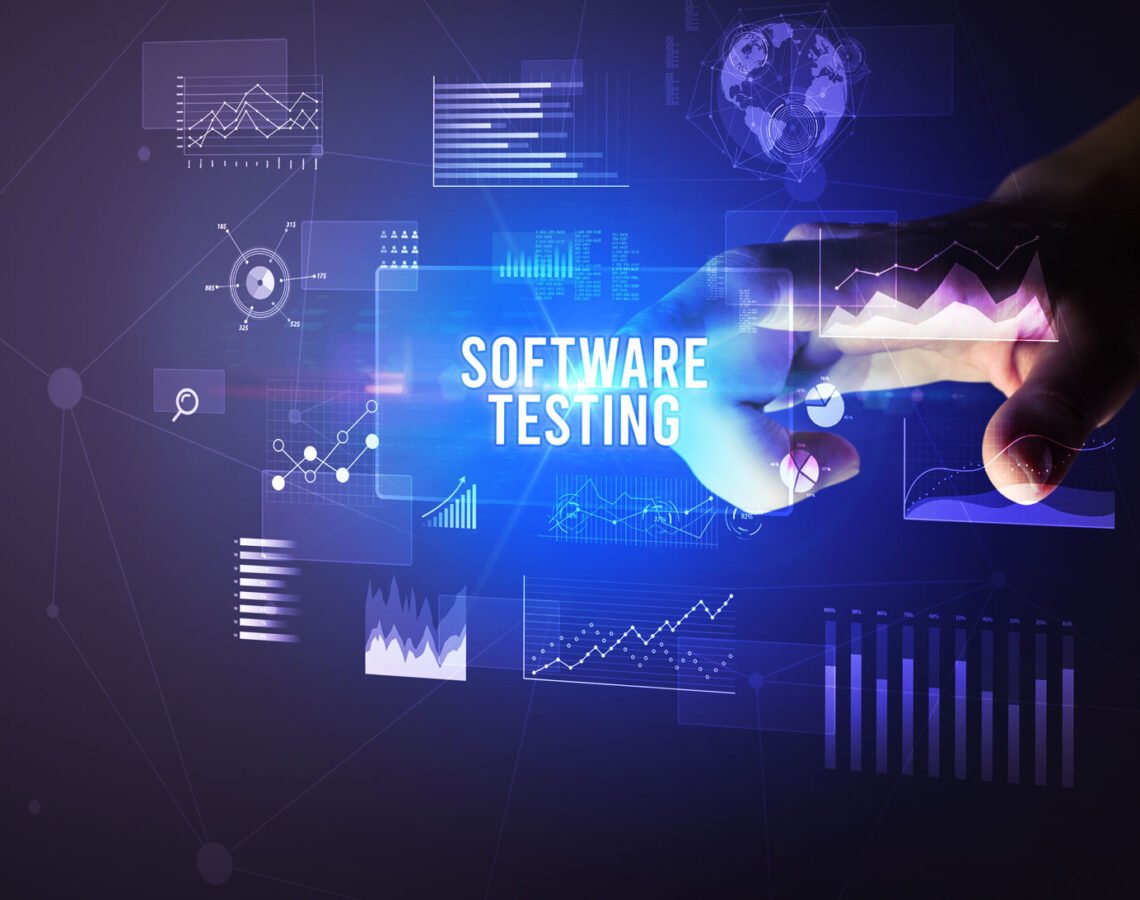Increasing rate of delivery for Motability Operations through test automation

Client:
Motability Operations
Industry:
Finance/Leasing
Technologies:
Playwright, TypeScript, Jenkins, GitHub actions
Ten10 Capabilities:
Strategic Consultancy, Training, Test Automation
The Goal
Motability Operations (MO) embarked on a strategic initiative to modernise its technology delivery approach, transitioning to a more product-oriented model. A crucial element of this transformation was to significantly increase its rate of delivery, which MO aimed to achieve through a greater adoption and utilisation of test automation.
The Challenge
While test automation was already in use across various teams within MO, its implementation lacked consistency. Different teams employed a diverse range of tools with varying degrees of success. To truly unlock the value that automation could offer, it became evident that a standardised approach was necessary and it needed to encompass both the tooling strategy and the enhancement of the test resources’ capabilities.
A common hurdle faced by many organisations, and one that MO experienced, was the challenge of dedicating sufficient time to making automation a resounding success. The relentless pace of developing new functionality and managing Business As Usual (BAU) releases often left insufficient time for essential enhancement and maintenance of the test packs, or for critical investments in training. The complexity and diversity of technologies in use also demanded a combination of complementary tools and a cohesive strategy to integrate them effectively.
The Project
Ten10 conducted a comprehensive review of the current test approach across several key teams within MO, focusing on automation and tooling to assess the feasibility of a shift-left, automation-first approach where product teams implement tests at the lowest level of the testing pyramid.
This evaluation scrutinised existing test activities, the tools currently in use, and the overall efficacy of these tools. Ten10 also assessed the aptitude of team members for engaging with an automation-first approach, taking the opportunity to understand the current technical skill levels so that Ten10 could start to work on the structure of a training plan.
Following the completion of this detailed review, Ten10 provided a series of tailored recommendations and an implementation roadmap. These recommendations included the implementation of a common automation framework, built on Playwright with TypeScript. To address the capability gap, a customised training plan and delivered by Ten10’s training Practitioners. The content of the course was tailored to the team attending.
The bootcamp training delved into crucial aspects of test automation architecture and integration within the software development lifecycle. MO testers now understand how to design scalable and maintainable test automation solutions, apply design patterns like Page Object Model (POM) for better code organisation, and utilise Playwright’s advanced features such as fixtures and network interception. A significant portion of the course focused on Continuous Integration/Continuous Deployment (CI/CD), enabling testers to integrate their automated tests with tools like Jenkins and GitHub Actions.
Following the completion of the bootcamp, MO’s testers are now capable of generating and analysing test reports, monitoring trends, and implementing continuous improvement practices to ensure the long-term effectiveness of their test automation suites. This holistic approach has empowered them to transition into their Software Engineer in Test (SET) roles to contribute more effectively to the quality assurance process, identifying defects earlier and ensuring the reliability of modern applications.
Crucially, following the delivery of the training, experienced Ten10 consultants were embedded directly into MO’s product teams. Their role was to act as mentors, providing hands-on guidance and reinforcing the training in real-world project scenarios to the newly-trained test team, ensuring practical application and sustained knowledge transfer as well as clearing the backlog of manual tests, allowing the permanent team members to add high-value tests covering new functionality.
The Results
MO has seen a rapid adoption of the new ways of working. The team members have enthusiastically embraced automation, applying their training quickly. The overall test coverage has increased significantly, with a greater proportion of high-value, relevant tests being executed than ever before.
The transition from manual testers to Software Engineers in Test has created a modern recognition of their roles and the valued contribution they make to a successfully delivered product. Overall, MO’s ability to release business-critical applications on demand empowers the business to deliver the highest levels of positive customer experience.
“I have felt very supported by Ten10 throughout our move to an automation-first approach. From the initial evaluation through to the support provided after the training, they have provided a clear focus and approach and have always been approachable and honest. The consultants provided have helped to get some of the automation tests off the ground by working with testers in their teams and helping them understand where they can add value through automation.”
Nicholas Moore – Engineering Lead (Automation)
“As a long-term QE partner, we have been able to rely on Ten10’s expertise across a number of high profile programmes. With the help of Ten10’s consultants, we’ve expanded our use of test automation and increased our deployment rate . Working collaboratively with Ten10, our own teams have been able to adopt new, modern ways of working, accelerating many of our previously manual tests. The team has really gone from strength to strength, executing big-picture projects without losing sight of the details that matter.”
Julian Austin – Head of Engineering and Architecture